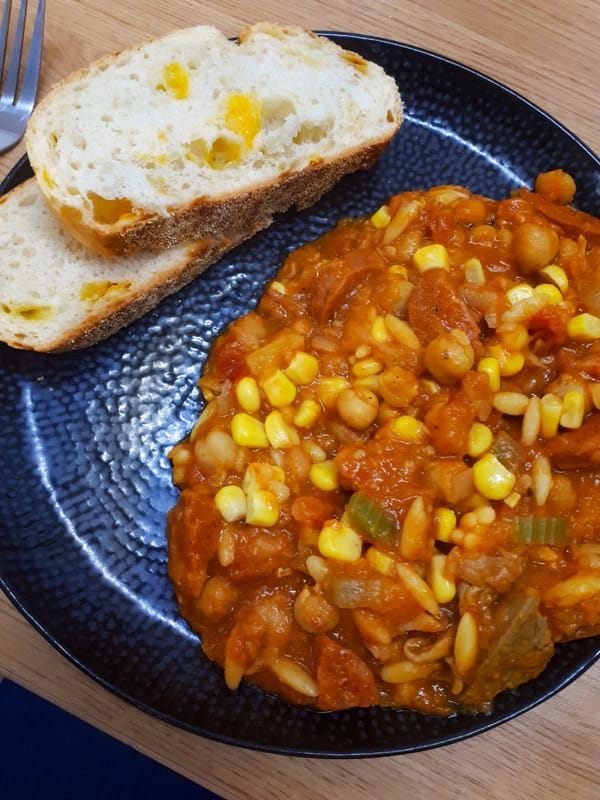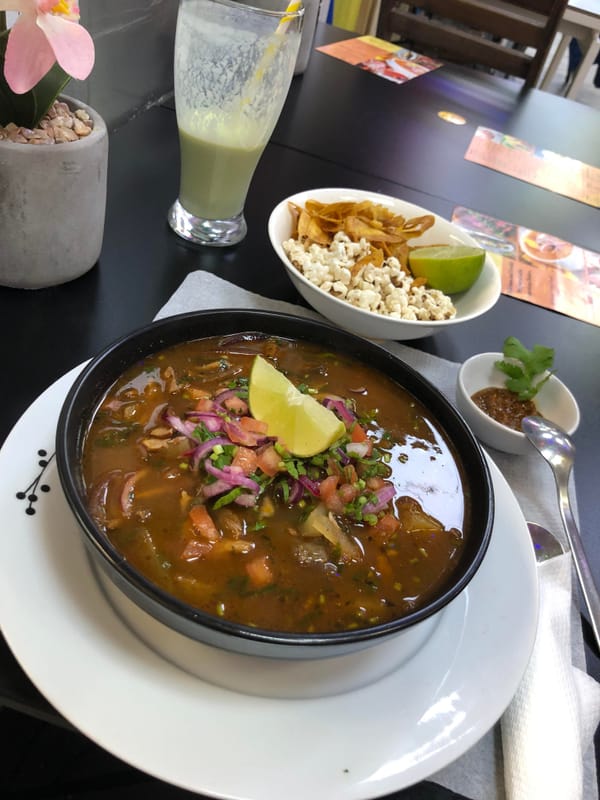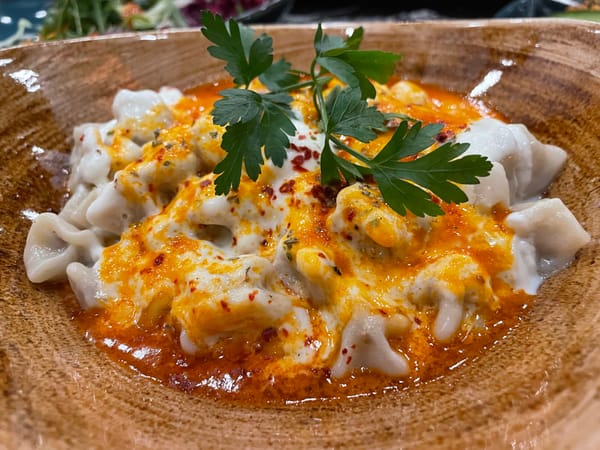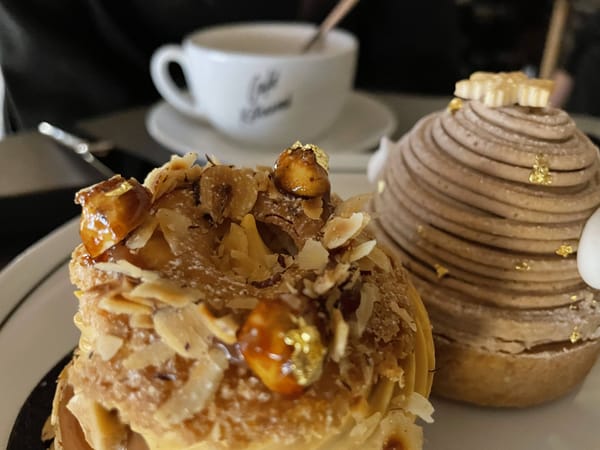You brought WHAT through customs?
If it is as small as a pack of spices or as large as a kilogram of bacon, it will travel from all over the world into London.

Before I left London to travel home, my friend asked me to come back with a loaf of bread for them. For avid Food&Travel section readers, the previous issue revealed my distaste for British bread and love for the German sort, as well as how I bring my own mixes from home. My friend always returns with mountains of cheese rarely found in London’s many foreign grocery stores, hence I became curious and set out to gather some data about the types of food eaten by international students.
What does London not provide?
Ten students completed the survey sent out last week about food from their cultures. Surprisingly enough, the most common answer was not a meal such as pasta; it was spices. Specifically, eight spices: sumac, turmeric, garam masala, red chili powder, cumin seeds, Kashmiri chilli from India, pepper, mitmita from Eritrea, as well as seaweed seasoning from Hong Kong. Two people mentioned olive oil, of which one also wrote that they brought zaatar, a herb from the Middle East.
Noodles, chocolate, and bacon
Among the submissions were Moroccan dumplings called briouate, bread, sausages, hams, Polish kabanosy, instant noodles by companies such as Maggi, lentils, and curry cubes. Obviously, no fresh or easily spoiled items were mentioned. As for snacks, there were mostly nuts, raisins, dried fruits, an Indian dessert called kaju katli, pepernoten from the Netherlands, and chocolate bonbons called Sonho de Valsa from Brazil. Reading all of these submissions gave a nice understanding of the food missing in London, but also the specialties of each country. Italian smoked bacon must be pretty good for it to be worth flying home, as one student did. The same applies to any frozen food, such as the stuffed grape leaves mentioned by an Omani Lebanese student and Moroccan sweet pastilla.
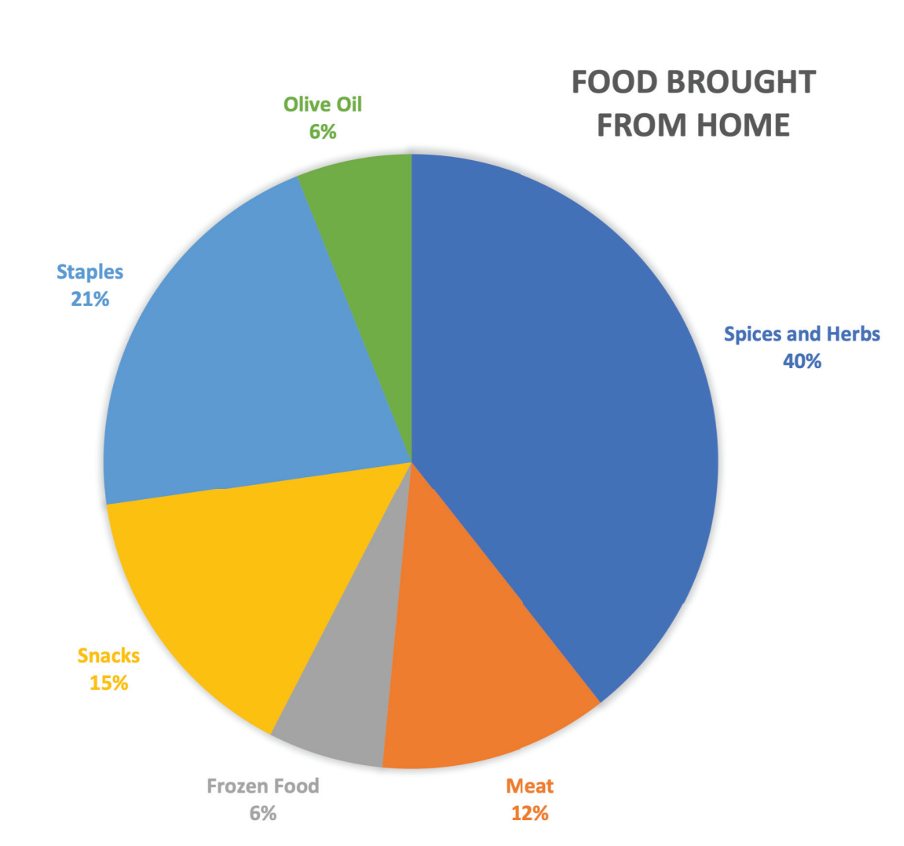
There is no place like home
Besides the food, one student brought a rice cooker from Hong Kong. Having bought a rice cooker (which was anything but) in the Netherlands myself, I understand that countries that eat rice every day will develop the best tools for their cuisine. Another thing: cheese from Italy. One student brings grana padano parmesan, which can be found in the UK under the same name, but probably not with the same taste.
In a city as international as London, it becomes easy to find a couple of places that represent your culture. However, whereas a restaurant might claim to be authentic to a cuisine, it does not take long to doubt the authenticity. Take Winter Wonderland. Last year, I went to the spectacle that is Hyde Park’s winter pride and found myself disappointed by the German food they claimed to serve. Käsespätzle, a unique cheese dish in southern Germany and Austria, was served as a common mac-and-cheese plate. It is completely understandable if an entreprise cannot find the correct ingredients in the UK – something which many international restaurants struggle with – however there is a difference, for instance, between pho and noodle soup. I think many readers might find such moments familiar. You not only taste the difference on your buds, but feel the difference in your heart.
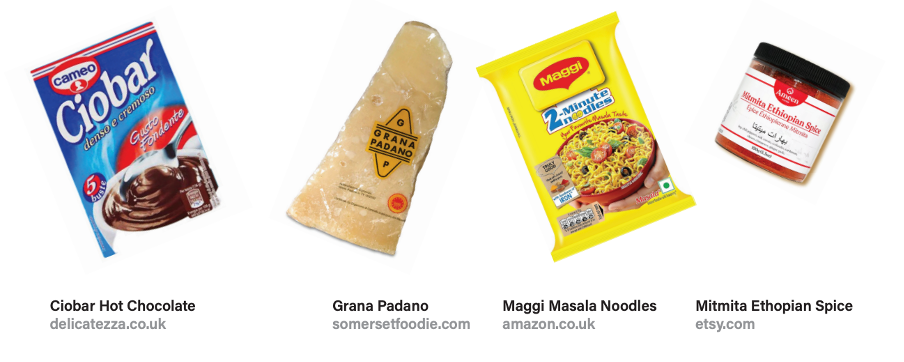
Customs versus food
Although my initial reaction to the survey often included the words “customs” and “how?”, it was clear in the research that meat and diary from the EU are allowed to pass through customs. Only non-EU countries are banned from bringing any animal-related food through the border. I do hope to hear more stories about what students prioritise when packing food from their home country. Now, I hope my friend does not get caught, because her cheese does not have the visa to enter the UK.



